#Coronavirus: 7 books about deadly, infectious diseases
Over the centuries, many world famous writers have told stories about contagious epidemics...
Coronavirus, a word that seems to be on everyone's lips lately. And it's no surprise since the fast-moving infection originating in China has spread to more than 110 countries and claimed more than 4,600 lives.While the vast majority of known cases are in China, the coronavirus is now spreading faster outside the country than within. Italy, so far, has the highest number of confirmed infections outside China.
The World Health Organization has now declared its spread a global pandemic. However, coronavirus is not the first pandemic to happen in history. Great scholars and writers have penned down what it was like to live through monumental infectious diseases and the effect it had on society at the time.
Here are some famous works throughout history on the topic.
Giovanni Boccaccio: 'The Decameron' (1349-1353)
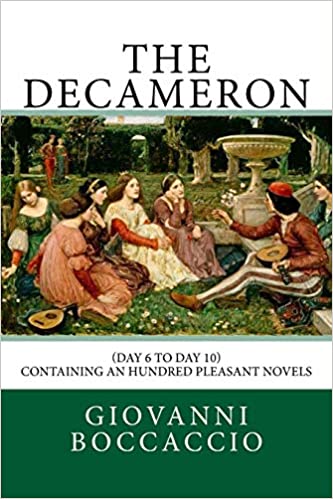 PHOTO: FILE
PHOTO: FILESeven women and three men flee the plague to a country house near Florence. As cruel as the descriptions are at the beginning, the 100 novellas in the collection are surprisingly entertaining. To pass the time, each of the fugitives determines a topic per day and everyone has to tell a corresponding story. Subtle or crude, tragic or comical — a whole world unfolds.
Thomas More: 'Utopia' (1516)
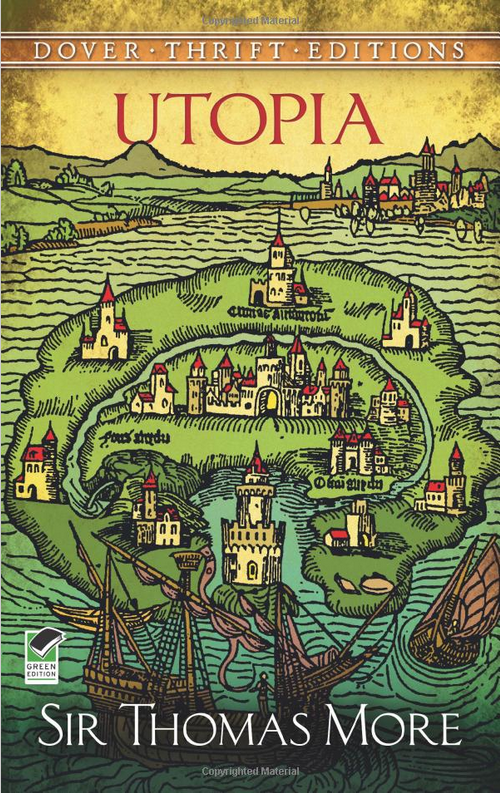 PHOTO: FILE
PHOTO: FILEOn a faraway island, a sailor discovers an ideal society: There is equality among the locals, it is democratic, ownership is communal. It was the opposite of life in England at the time. And, there were no epidemics, unlike England that had suffered from the plague more than once. The above photo shows Dresden Semper Opera dancers as "Utopians" in a musical theater project based on More's novel.
Francis Bacon: 'New Atlantis' (1627)
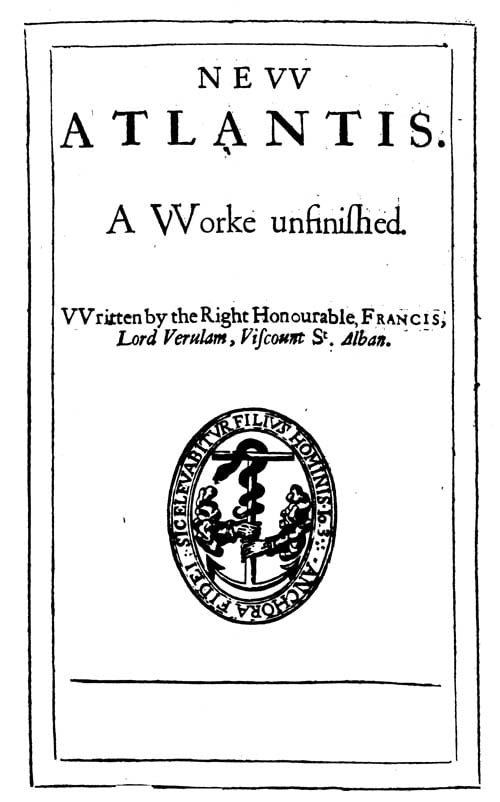 PHOTO: FILE
PHOTO: FILEBacon envisioned a utopian island by the name of Bensalem, home to the people of the lost city of Atlantis. They are very involved in research and science, and inventions including the submarine, wind turbines and hearing aids are anticipated on "New Atlantis." Foreign seafarers were initially quarantined to protect islands from possible diseases.
#Coronavirus: 6 ways to effectively work from home
Daniel Defoe: 'A Journal of the Plague Year' (1722)
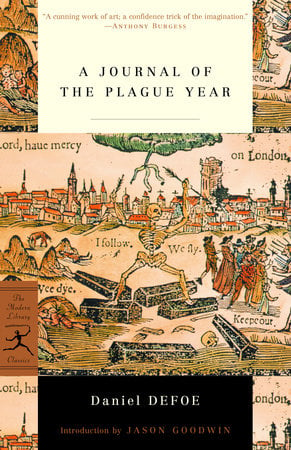 PHOTO: FILE
PHOTO: FILEDaniel Defoe, five years old and whisked away to the countryside to keep him safe during the Great Plague in London, relied on eyewitness accounts and meticulous research for his description of the devastating events. Defoe tells the tale of a city in a state of emergency, faced with hysteria, superstition, unemployment, looting and fraud.
Albert Camus: 'The Plague' (1947)
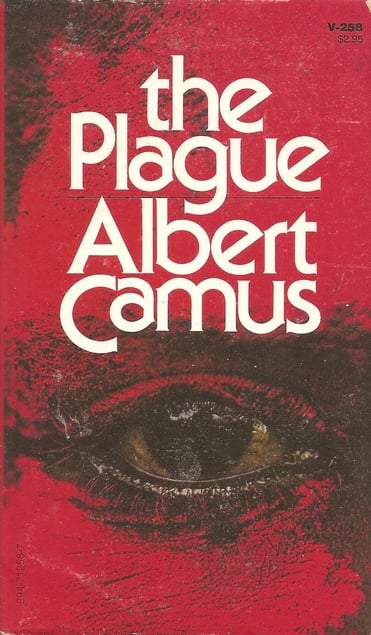 PHOTO: FILE
PHOTO: FILEIn Camus' "The Plague," a doctor by the name of Bernard Rieux describes how first rats die of the plague, followed by thousands of citizens in the Algerian port city of Oran. Everyone takes a different approach to the fight against the Black Death, but in the end, it kills the innocent and the ruthless alike.
Stephen King: 'The Stand' (1978)
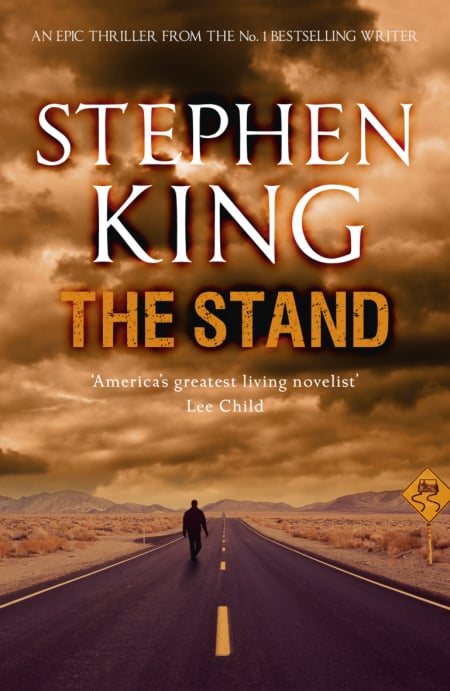 PHOTO: FILE
PHOTO: FILEA mutant virus breaks out of a military research laboratory and kills almost the entire US population. Only few are immune, left to assert themselves in a depopulated world with a collapsed infrastructure. Two groups — basically the "good" and the "evil" — emerge, both headed by charismatic leaders.
Love in the Time of Cholera (1985)
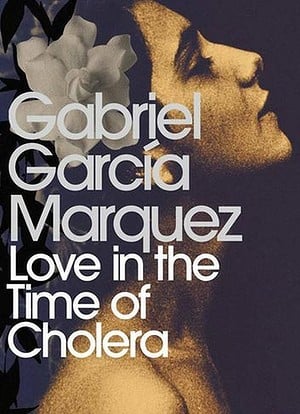 PHOTO: FILE
PHOTO: FILELove in the Time of Cholera is a celebration of life over death, love over despair, and health over sickness. It is the story of Florentino Ariza, who was rejected by Fermina Daza in his youth.
Have something to add to the story? Share it in the comments below.

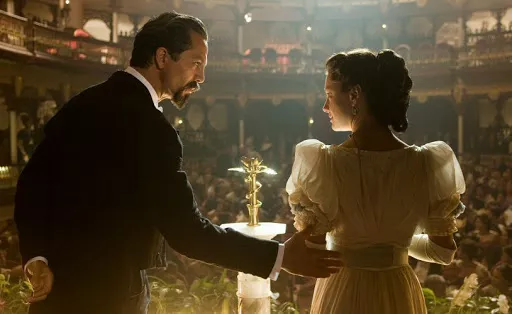
COMMENTS
Comments are moderated and generally will be posted if they are on-topic and not abusive.
For more information, please see our Comments FAQ